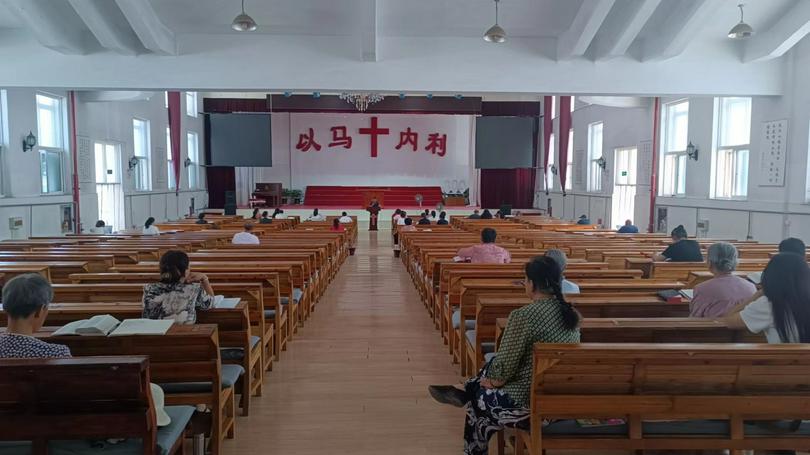Many rural residents work in cities, leaving their elderly and children behind. According to report data, over 90% of children in rural areas cannot live with their parents, reuniting with them only once a year during the Spring Festival. More than 60% of left-behind children are in primary education.
The majority of the left-behind elderly, aged 60–70, make up over 80% of the rural seniors. They are already frail, and, with a primary school education, they can’t teach the children well. Issues related to safety and guardianship also pose challenges.
Alternate-generation education leads to rebellious behavior in left-behind children, causing helplessness and loneliness in their social relationships. They may develop school aversion and truancy, becoming underachievers. Some children exhibit antisocial personalities or suffer from conditions such as autism and anxiety disorders.
A Christian woman X, from rural northeast China, has her elderly father and two children left behind in the village while she and her husband work in a city. Due to the closure of many factories during the COVID-19 pandemic, they couldn’t earn a living due to losing their jobs. The father's illness required money for hospitalization, and the two children in high school needed financial support. After the pandemic, they immediately went to work in Guangdong, even further away, keeping the father and two children behind in the village.
Children are heirs of the gospel, yet left behind, one rarely experiences the companionship and warmth of their parents and lacks the opportunity to hear the gospel in many remote rural areas without churches. How will they carry on the gospel inheritance in the future?
Urban churches supporting rural churches
Some urban churches have extended the ministry of pastoral care to rural areas, establishing gathering sites or cooperating with rural churches.
In City C, a church has established dozens of branches in nearby rural regions, each with 20–30 members, facilitating in-depth pastoral care.
The R Church in my city has established branch churches and partnerships in the spiritually impoverished regions of Ganzi and Aba ethnic prefectures in Sichuan. City church workers cultivate fields with the left-behind elderly and live with rural children.
Receiving very little tithes and offerings, many rural churches struggle to meet financial needs, having no ability to pay pastors and staff workers, who should engage in farming or selling vegetables while pastoring congregants.
Sharing spiritual resources between rural and urban churches
In the post-pandemic era, during a visit to my hometown in Chongqing, I attended gatherings at some village churches that were old and dilapidated, but the Christians’ love for the Lord were fervent.
Chongqing, one of China's hottest cities, experiences temperatures of 40–45 degrees Celsius in the summer. Despite the scorching heat, the left-behind elderly and children persevered in their gatherings. After intense heat, sometimes heavy rain poured, yet no one arrived late or left early.
Urban churches boast luxurious facilities with air conditioning but often have sparse attendance. As churches often closed during the pandemic, believers’ enthusiasm for gatherings cooled.
In collaboration with city churches, though lacking staff workers, rural churches can utilize the urban ones’ facilities for gatherings, training, and nurturing workers. Urban church workers and members can have their spiritual lives improved while immersing themselves in companionship with left-behind people.
Practical assistance for left-behind elderly and children with difficulties
Rural churches need to delve into the homes of left-behind people to understand their real difficulties, such as caring for seriously ill elderly people and looking after unattended children.
Members of a rural church L often invite left-behind elderly and sick children to their homes for meals to show companionship. The pastors keep in touch with government agencies and even cooperate with them as government representatives visit poor households with financial support.
Helping left-behind elderly anchor in the Bible
The left-behind elderly love the Lord, but many lack a clear understanding of biblical truth. They are susceptible to being led astray by extreme charismatic sects and other heretical cults. Churches need to help them establish a true foundation by teaching His words well.
(The author is a Christian in Sichuan and the article was originally published by the Gospel Times.)
- Translated by Abigail Wu












